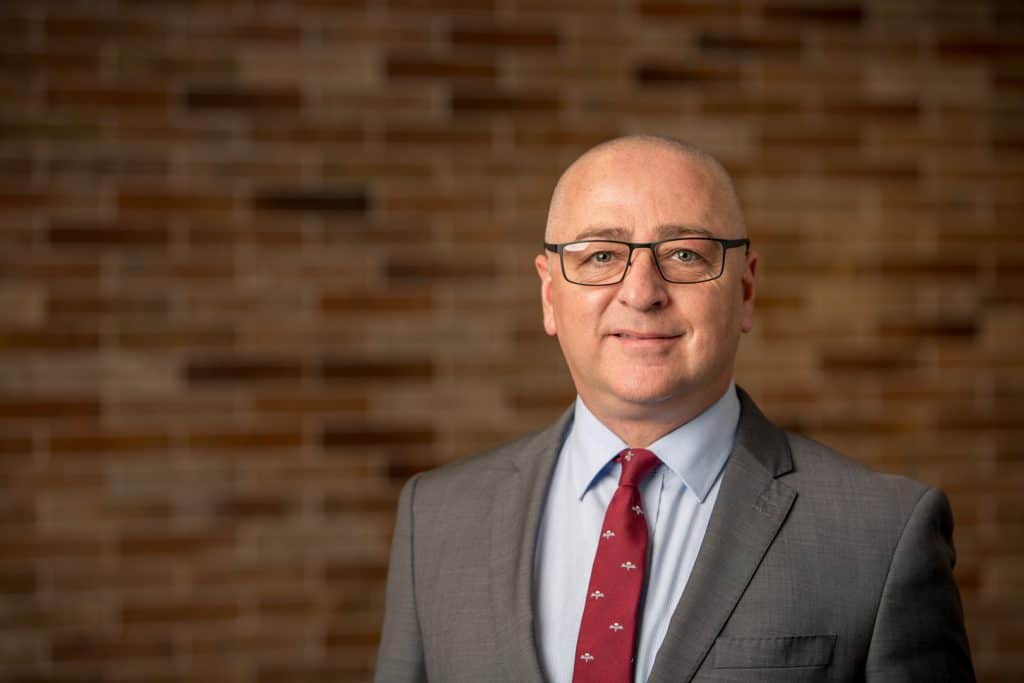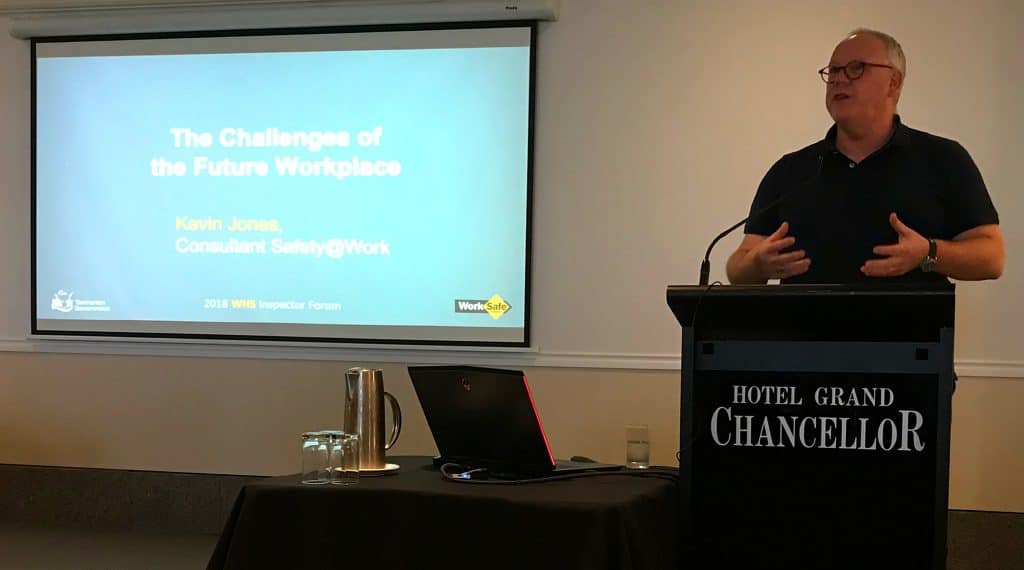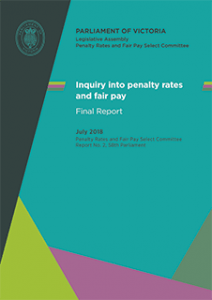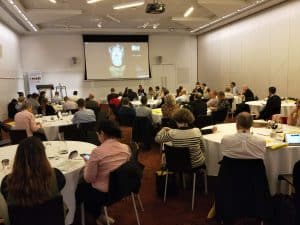
In early July 2019, my son and I braved a cold Melbourne Friday night to see our very first improvisational comedy show. The catalyst was a show called “F**k this, I Quit“, produced by the Improv Conspiracy, and which is based on the work experiences of the audience there on the night. I was one of around fifteen in the audience, in a room that only holds forty people, and so occupational health and safety (OHS) became a featured theme that night. I, and OHS, was roasted and it was definitely the funniest night of my professional life.
Several audience members were asked about their work experiences. I mentioned that I consulted in OHS, had provided advice to some of Victoria’s licenced brothels, had an uncomfortable conversation one time about discussing nipples while at work and that I thought the most dangerous workplace hazard was electricity as it was invisible and deadly.
Continue reading “The absurdity of Work”



 Many companies have bloated workplace procedures. Many of these seem to involve workplace health and safety. Some people blame this on a bureaucracy designed in the olden times by someone, that somehow still exists and is maintained by someone or some process that no one sees or knows. Some prominent Australian researchers have looked into this issue and have written about “safety clutter”* which they say is:
Many companies have bloated workplace procedures. Many of these seem to involve workplace health and safety. Some people blame this on a bureaucracy designed in the olden times by someone, that somehow still exists and is maintained by someone or some process that no one sees or knows. Some prominent Australian researchers have looked into this issue and have written about “safety clutter”* which they say is: Australia currently has a lot of official inquiries into workplace issues that affect the occupational health and safety (OHS) of workers. It is almost impossible to keep up with them and, as a result, some important voices are being missed, but even if they spoke, there is a strong chance they will not be listened to. The Victorian Government has released the final report of the Inquiry into Penalty Rates and Fair Pay. There are two overt mentions of OHS that don’t seem to go anywhere.
Australia currently has a lot of official inquiries into workplace issues that affect the occupational health and safety (OHS) of workers. It is almost impossible to keep up with them and, as a result, some important voices are being missed, but even if they spoke, there is a strong chance they will not be listened to. The Victorian Government has released the final report of the Inquiry into Penalty Rates and Fair Pay. There are two overt mentions of OHS that don’t seem to go anywhere. Let’s acknowledge the problems with this year’s
Let’s acknowledge the problems with this year’s